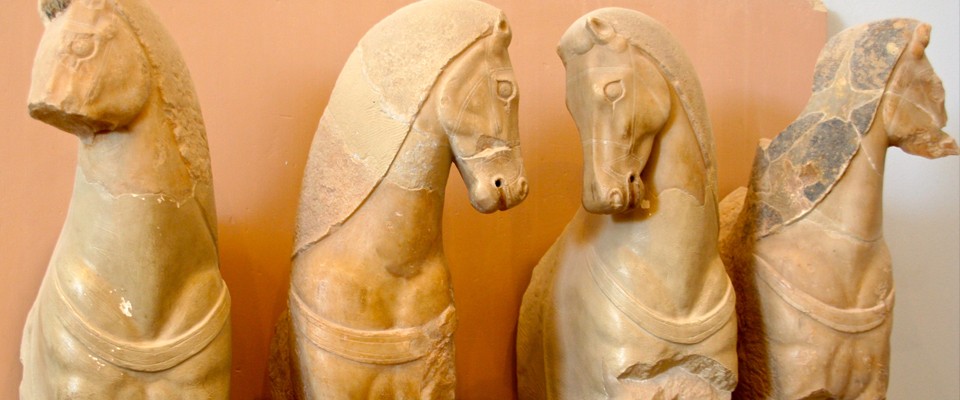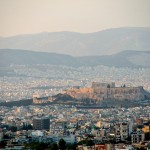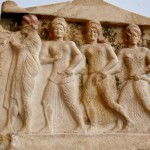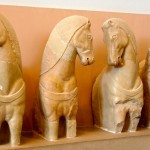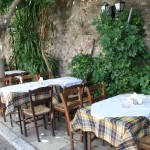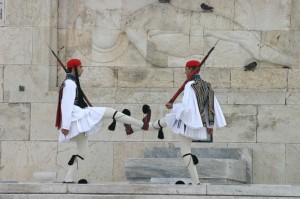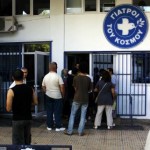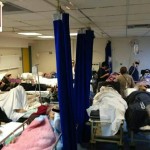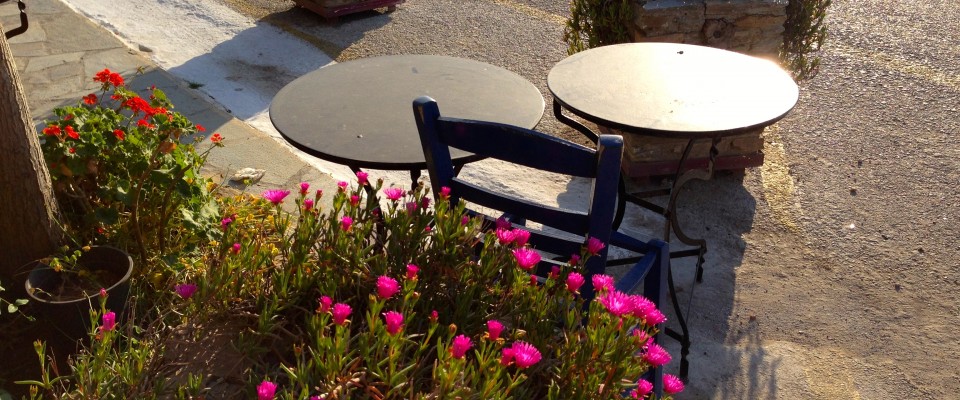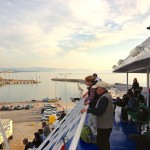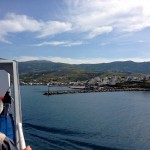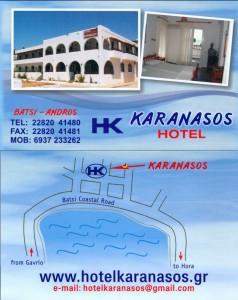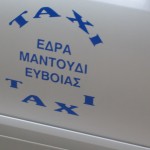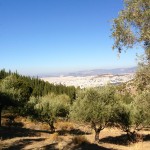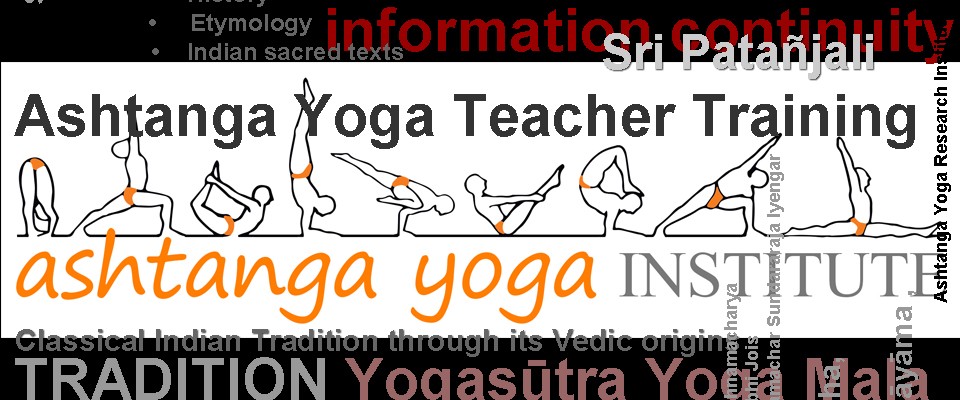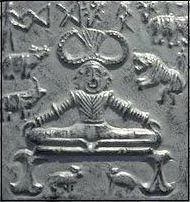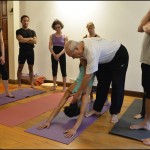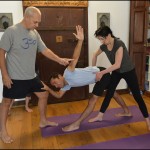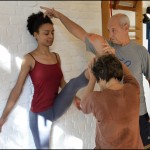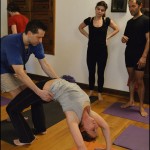Warning: Array to string conversion in /home/ashtangarc/www/wp-content/plugins/carousel-without-jetpack/carousel/jetpack-carousel.php on line 252
Warning: Array to string conversion in /home/ashtangarc/www/wp-content/plugins/carousel-without-jetpack/carousel/jetpack-carousel.php on line 252
Warning: Array to string conversion in /home/ashtangarc/www/wp-content/plugins/carousel-without-jetpack/carousel/jetpack-carousel.php on line 252
Warning: Array to string conversion in /home/ashtangarc/www/wp-content/plugins/carousel-without-jetpack/carousel/jetpack-carousel.php on line 252
Warning: Array to string conversion in /home/ashtangarc/www/wp-content/plugins/carousel-without-jetpack/carousel/jetpack-carousel.php on line 252
Warning: Array to string conversion in /home/ashtangarc/www/wp-content/plugins/carousel-without-jetpack/carousel/jetpack-carousel.php on line 252
We propose two excursions
Visit the old town of “Plaka”, walk, eat and drink on one of the very nice terraces.
For all history lovers !
Discover the historical past of Athens during a fascinating walking tour, alone or accompanied by a local expert guide available at the entrance to the Acropolis. Immerse yourself into the heart of the ancient city of Acropolis, the most famous classical Greek monument, dedicated to goddess Athena, a UNESCO World Heritage Site, and discover how this ancient monument dominates the city at his feet.
- Athènes, l’Acropole
- Athènes musé de l’Acropole
- Athènes musé de l’Acropole
- Athènes musé de l’Acropole
- Couché du soleil à Athènes
- Athènes, terrasse aux pieds de l’Acropole
All entrance and guide fees, are at your own cost.
In the evening, watching a Greek tragedy in the ancient theatre located at the foot of the Acropolis is simply magical!
You want more…
No problem, there is so much to do here.
Close to there, go visit the recently build Acropolis museum, superb modern building very well designed, where the return of friezes taken by Lord Elgin (British Museum) is eagerly awaited.
To see at the National Archaeological Museum, among many wonders, the gold mask of King Agamemnon found at Mycenae.
Climb on the Philopappos hill (Hill of the Muses), nice in summer because there is a bit of greenery, admire the panoramic view from one end to the other of Athens, including the Acropolis, to the port of Piraeus.
On Sunday morning, go for a walk in the pedestrian street Apostolou Pavlou towards the flea market, and stroll among the stalls of professionals and amateurs.
At Syntagma square, go see the changing of the « efzones » guards (When facing the building, the guards are coming from the avenue on your left).
If you wish to do some shopping (souvenirs), go on Saturday to the Ermou pedestrian street.
Visit one of the many Orthodox churches, like for example the one located in the middle of Ermou street (pedestrian) or the Agios Dimitrios Lombardiaris chapel, built of wood near the Acropolis.
In Athens, the Greek summer is very hot, dry and sunny. The period from June to early September is ideal to enjoy the summer, including sea swimming. However, the heat can prevent you from visiting archaeological sites in early afternoon. Have always with you water and sunglasses…
Other complementary information :
- Travel information « flight » et « transfer » « Boat »
- « Greece cooking »
- Health information in Greece
